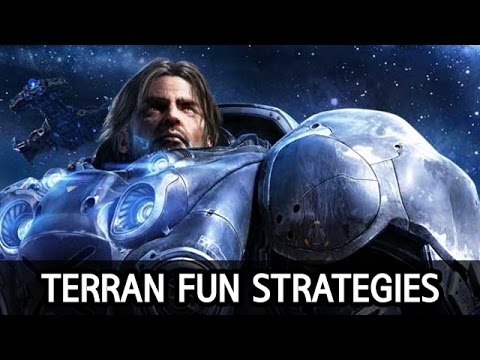Starcraft Heroes – Zeratul
Little is known about Zeratul’s origins, but he spent many years of his life away from his homeworld of Shakuras on various missions. Zeratul first appears when he meets Tassadar alongside Jim Raynor on Char. Since the High Templar have a fundamental aversion to the Dark Templar, this meeting did not necessarily go smoothly, but after some time the three came to an agreement and hid from the Zerg.
Planets Starcraft – Braxis
Despite these harsh conditions, Braxis has a long history of settlement that began during the golden age of Protoss expansion. When the Protoss reached the far reaches of the Koprulu Sector, they claimed this frigid planet and founded one of their first colonies, Khyrador.
Starcraft Units – Roach
With the Tunneling Claws upgrade, the Roach becomes one of two units (the other being the Infestor) that is able to move while burrowed. This is also indicated by the appearance of crystals on the backs of the Roaches.
Starcraft Missions – Eternal Darkness
First I improved attack in my forge (after that I let it slide a lot, which probably cost me one or the other dead opponent), started my worker production and added a robot factory as well as a Templar archive and the robot dock. I also got the golden expansion top left (1) straight away.
Starcraft Buildings – Barracks
The Barracks (Rax for short) is the infantry production building for Terran; allowing them to build Marines, Marauders, Reapers and Ghosts. It is commonly used as part of a Terran wall-in and can be lifted off the ground and landed elsewhere after it has been constructed.
Follow us and check out our social media accounts on Twitter, Facebook & YouTube ►
● on Twitter ► esport.directory
● Facebook ► esport.directory
● Youtube ► esport.directory
Starcraft
Starcraft is a turn-based game. The active player receives the obligatory first player token, so it should always be clear whose turn is being played, and especially interesting: StarCraft does not require any dice at all.
To get started, you first have to agree on your faction, then gather all the necessary figures, cards and tokens of your faction (woe betide the game master who only starts sorting now!) and leave the table in the middle free, as this is where the galaxy, i.e. the playing field, is built.
This proceeds similarly to Twilight Imperium.
Each player draws two planet tokens, which they can use to pick their planets from the planet stack. This step is necessary because the planet cards are shaped differently and the tokens are the only way to ensure that the drawing is random.
The starting player then places his first planet in the center of the table and can already build a base – but he doesn’t have to, then he has to do it on his second planet as soon as he lays it out.
Once the first planet is in place, it is the next player’s turn to lay out his first planet and connect it to the previous player’s planet with a navigation route cardboard piece. The last player may lay out both planets at the same time and then it goes in reverse order to the starting player. This way a more or less interconnected galaxy is created.
Finally, Z-axes are laid, which are navigation routes across loose ends, sort of a 3D conversion.
Each player receives the corresponding resource cards for his two planets and then only the event cards are reduced according to the number of players, shuffled and placed on the board. There are three event card phases, which is symbolized by different card backs and should help the game to become faster and more powerful towards the end. Now the game can start.
Each round is divided into three phases.
Starcraft is a turn-based game. The active player gets the obligatory first player token, so it should always be clear whose turn is being played, and most interestingly, StarCraft doesn’t require any dice at all.
To get started, you first have to agree on your faction, then gather all the necessary figures, cards and tokens of your faction (woe betide the game master who only starts sorting now!) and leave the table in the middle free, as this is where the galaxy, i.e. the playing field, is built.
This proceeds similarly to Twilight Imperium.
Each player draws two planet tokens, which they can use to pick their planets from the planet stack. This step is necessary because the planet cards are shaped differently and the tokens are the only way to ensure that the drawing is random.
The starting player then places his first planet in the center of the table and can already build a base – but he doesn’t have to, then he has to do it on his second planet as soon as he lays it out.
Once the first planet is in place, it is the next player’s turn to lay out his first planet and connect it to the previous player’s planet with a navigation route cardboard piece. The last player may lay out both planets at the same time and then it goes in reverse order to the starting player. This way a more or less interconnected galaxy is created.
Finally, Z-axes are laid, which are navigation routes across loose ends, sort of a 3D conversion.
Follow us and check out our social media accounts on Twitter, Facebook & YouTube ►
● on Twitter ► esport.directory
● Facebook ► esport.directory
● Youtube ► esport.directory
Starcraft Gameplay, Starcraft Rankings, Starcraft Release Date, Starcraft Carrier, ‚ Starcraft Cover, Starcraft Skins, Starcraft Videos, Starcraft Video YouTube, Starcraft PS4, Starcraft Platforms, Starcraft Players, Starcraft Team,




